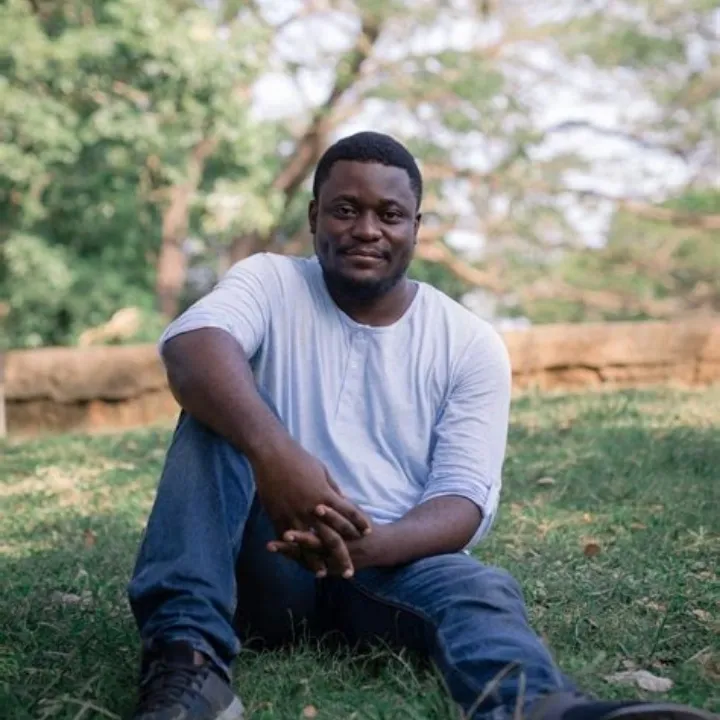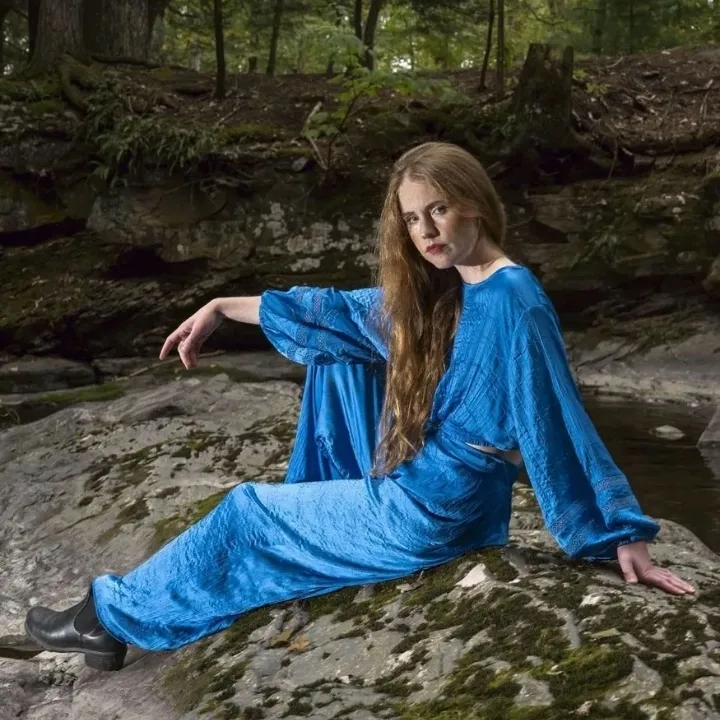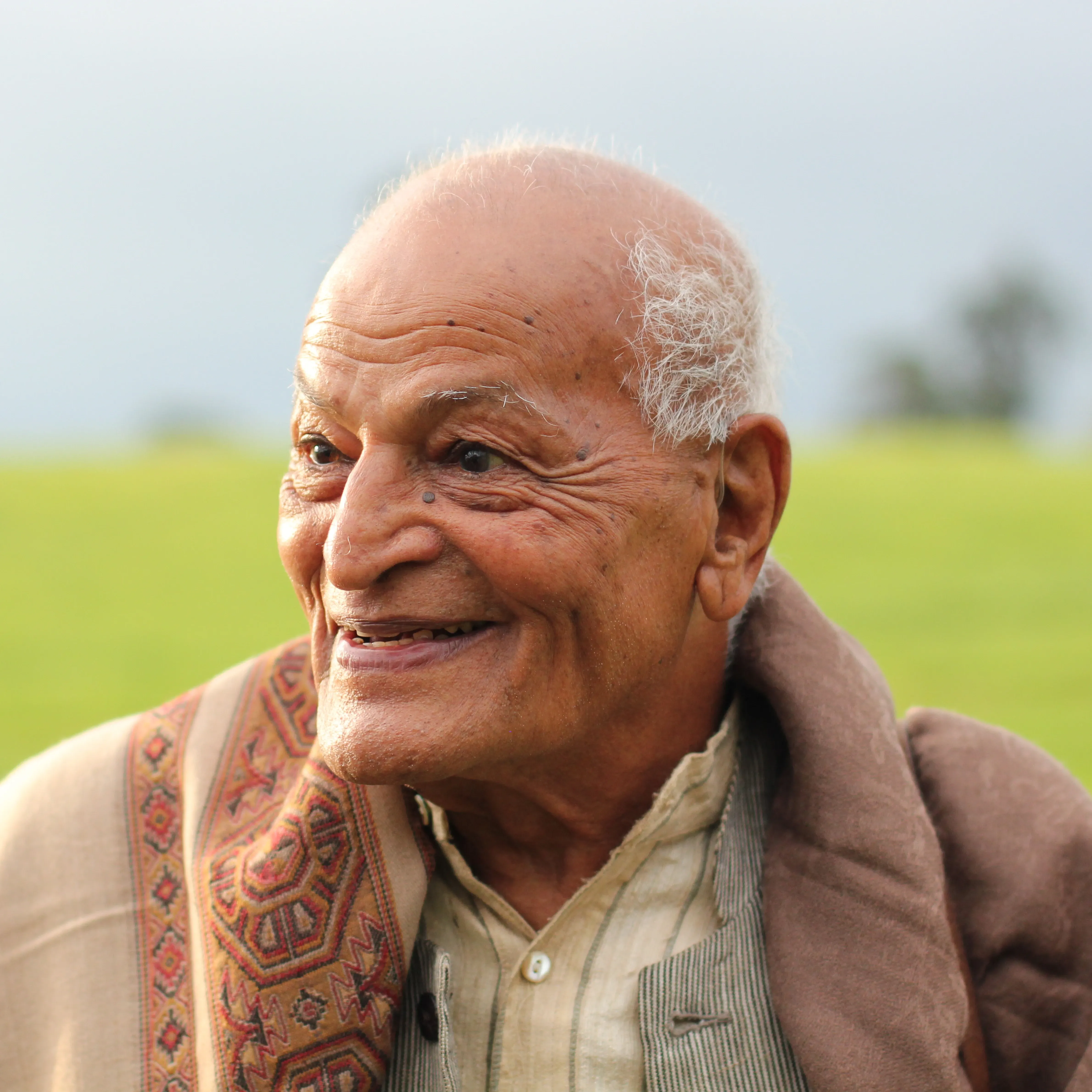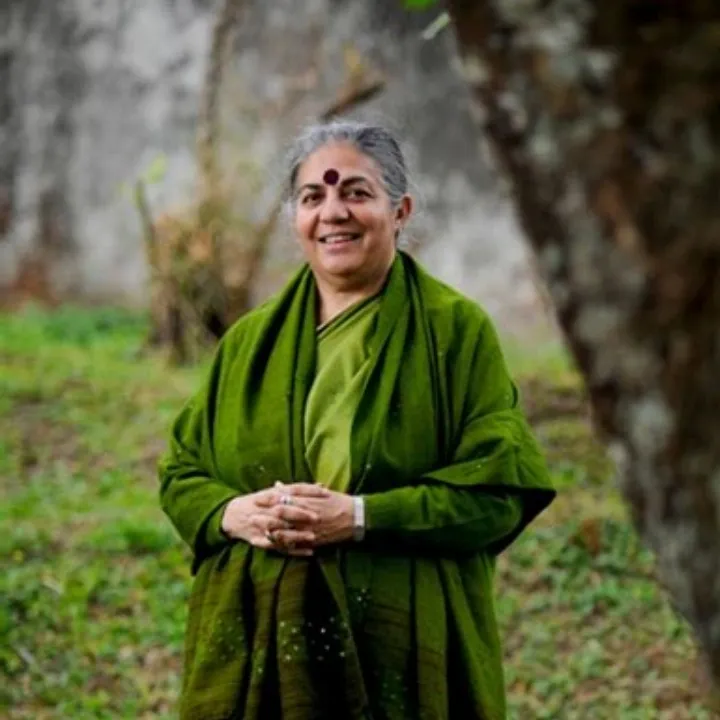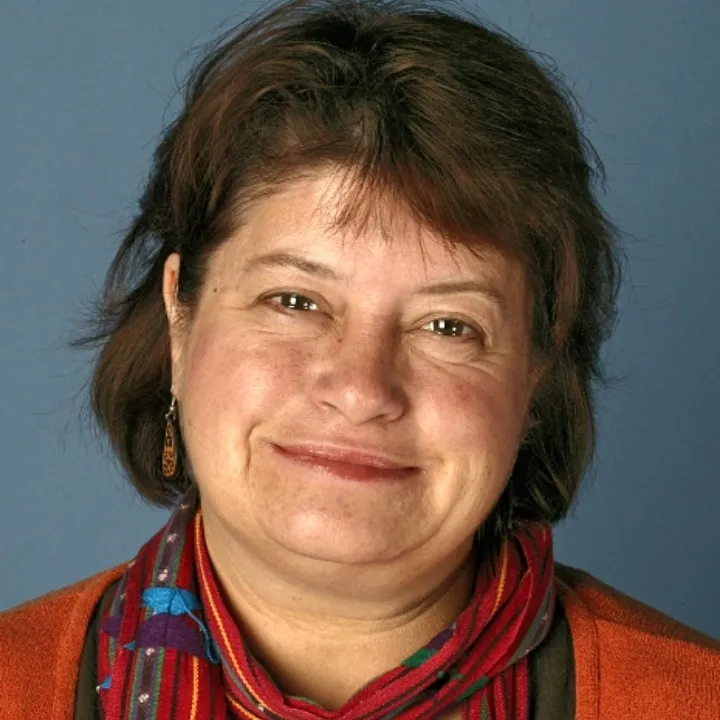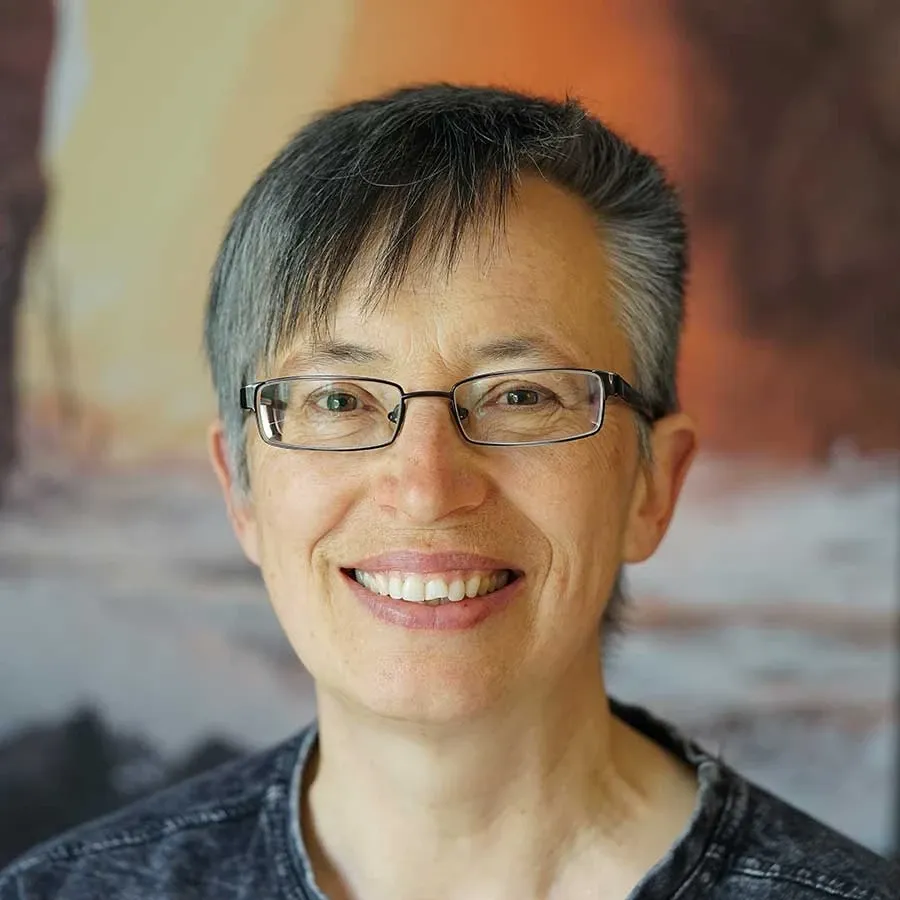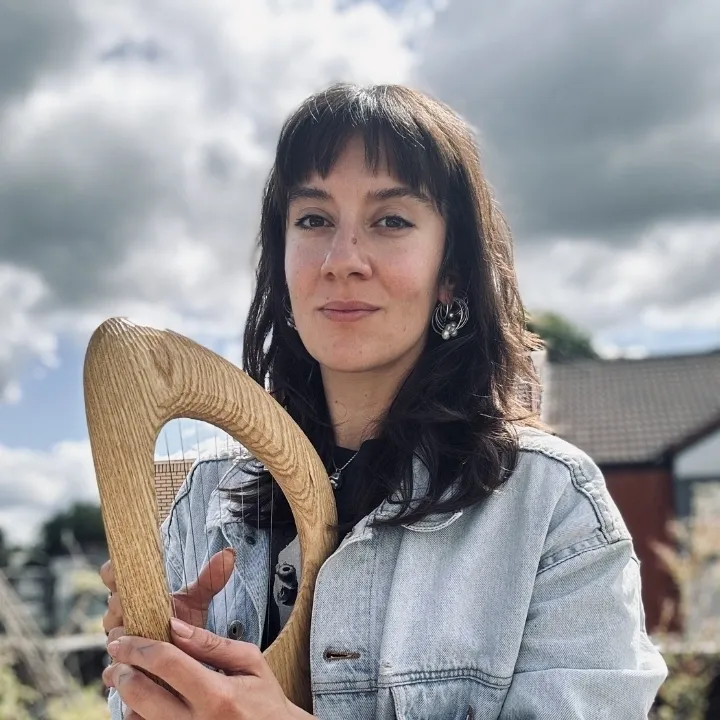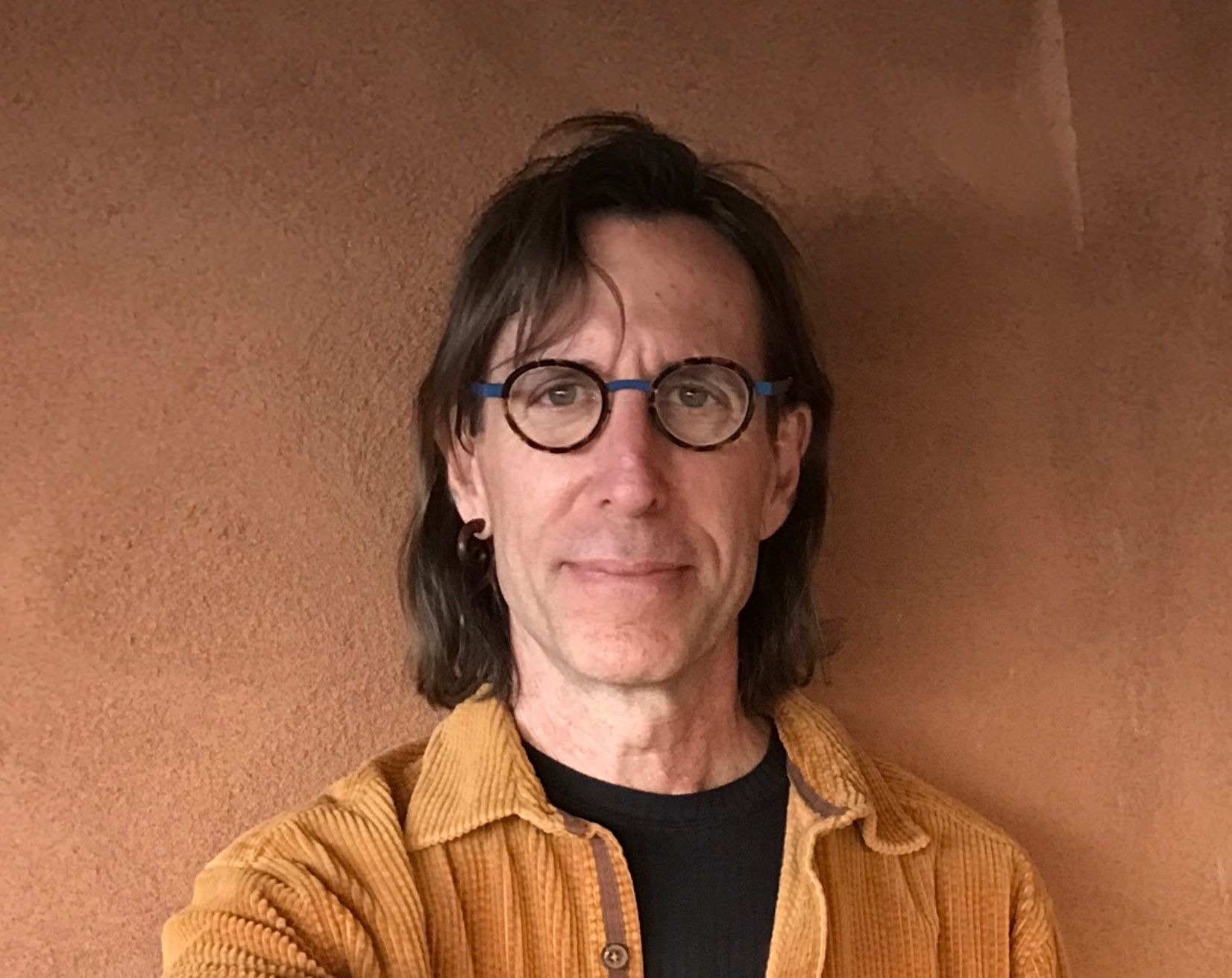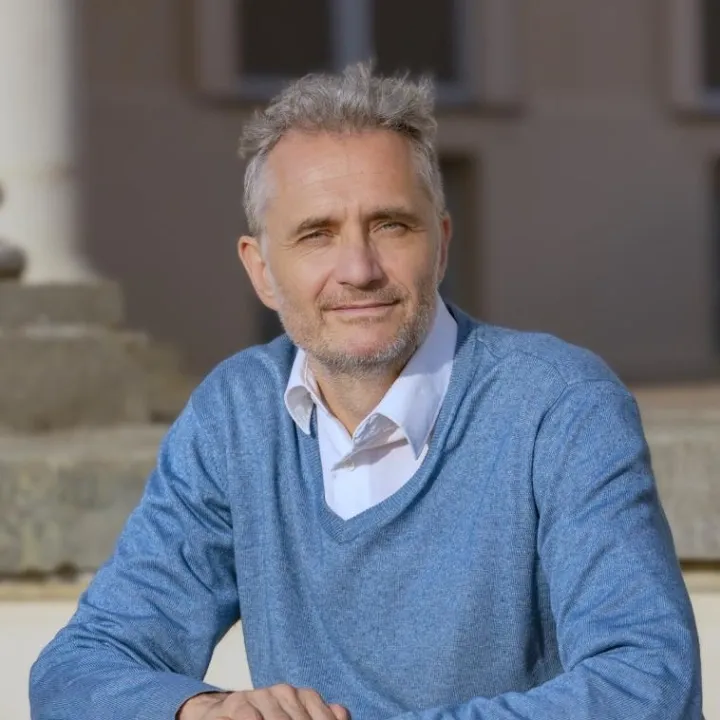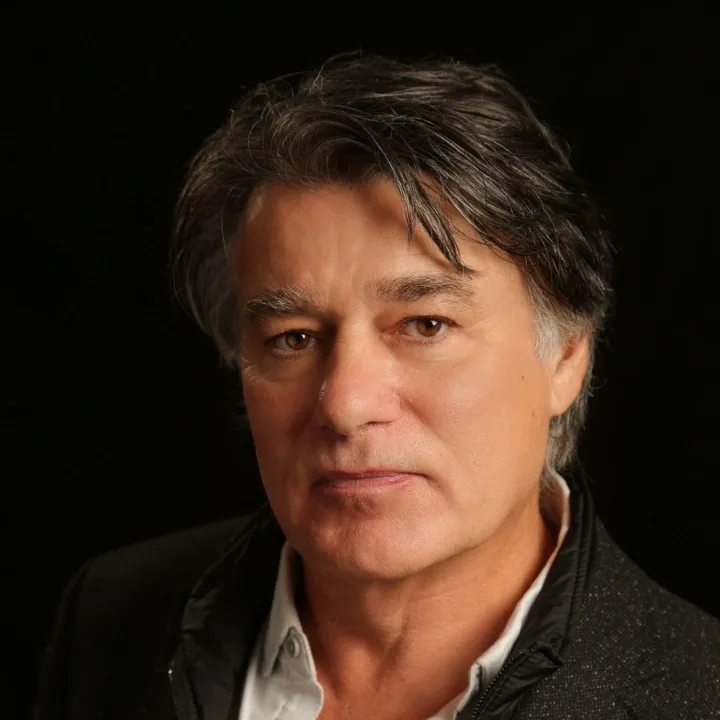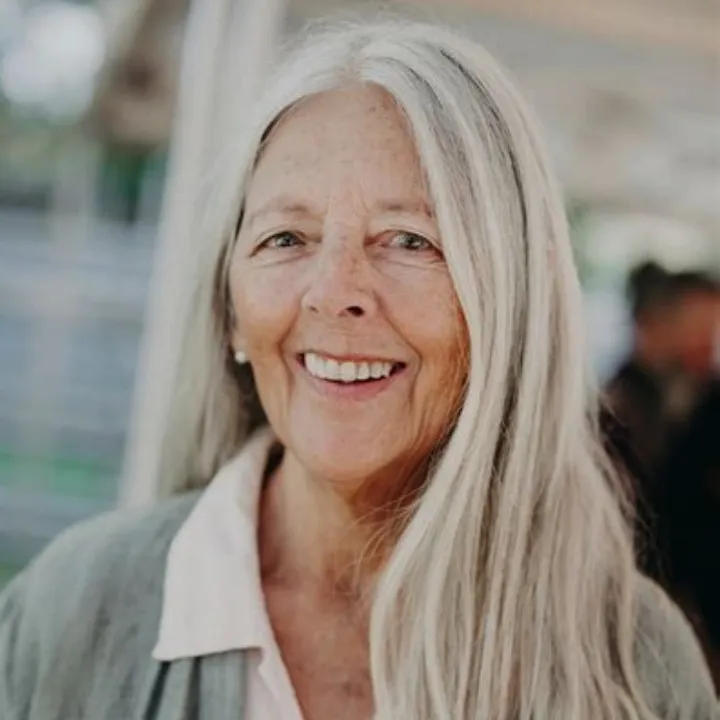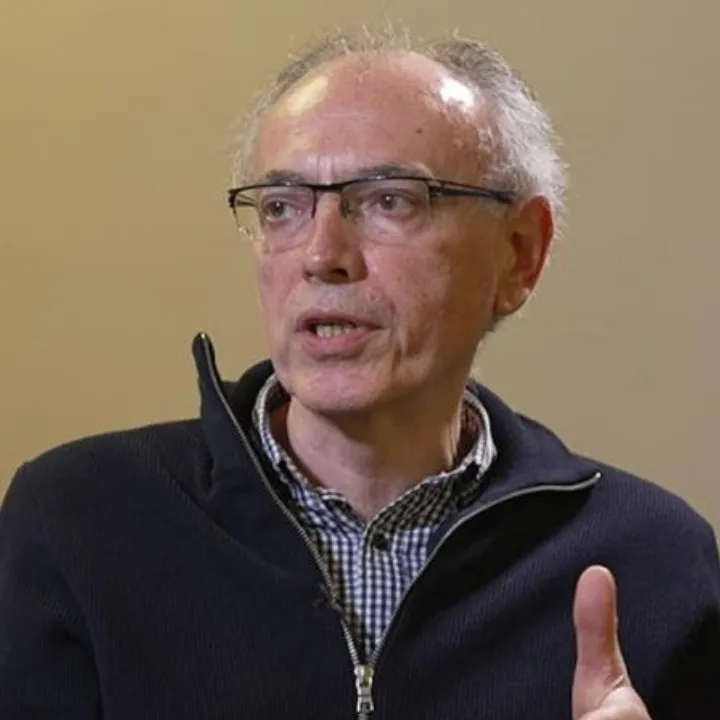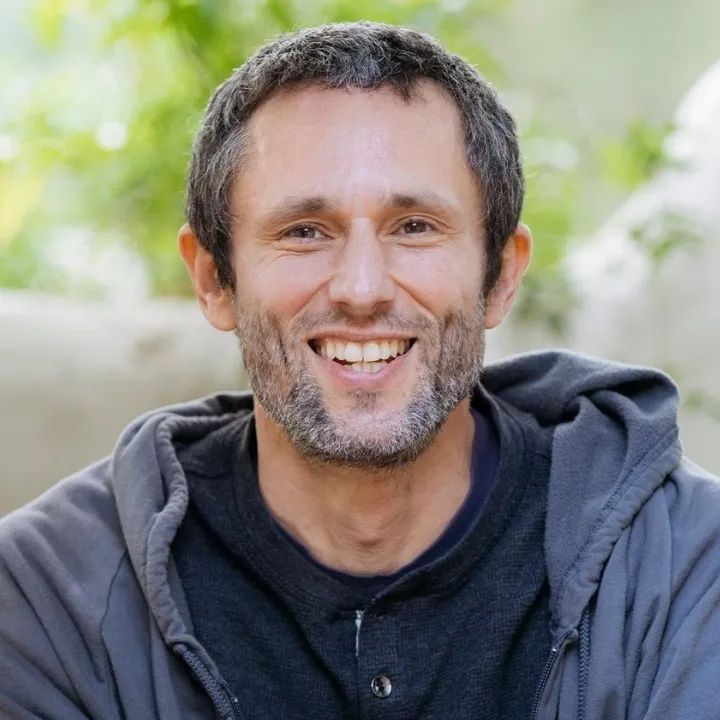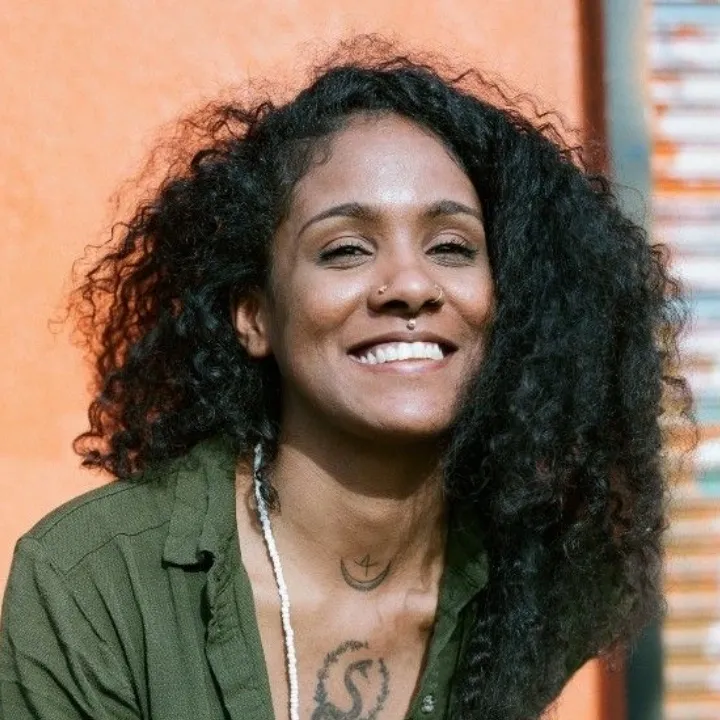FacultyMeet advaya’s teachers
Advaya’s global faculty blends science, practice, and story bringing localised, multidimensional wisdom to a shared learning space.
Alastair McIntosh
Alastair is one of the world’s leading environmental campaigners, distinguished in his ability to join together the outer and inner life. His book Spiritual Activism explores such paths of reconnection of the inner and outer worlds, which he argues is nothing less than learning how to sustain the flow of life. If we don’t do this, he states, “then our work will fall on stony ground, we’ll burn out or we’ll sell out.”
Alastair is one of the world’s leading environmental campaigners, distinguished in his ability to join together the outer and inner life. His book Spiritual Activism explores such paths of reconnection of the inner and outer worlds, which he argues is nothing less than learning how to sustain the flow of life. If we don’t do this, he states, “then our work will fall on stony ground, we’ll burn out or we’ll sell out.” Alastair McIntosh is a Scottish writer, broadcaster and activist on social, environmental and spiritual issues, raised on the Isle of Lewis. A Fellow of the Centre for Human Ecology, a former Visiting Professor at the University of Strathclyde, and an Honorary Fellow in the School of Divinity (New College) at Edinburgh University, and an Honorary Senior Research Fellow in the College of Social Sciences at Glasgow University, he holds a BSc from the University of Aberdeen, an MBA from the University of Edinburgh and a PhD in liberation theology and land reform from the University of Ulster.
His books include Hell & High Water: Climate Change, Hope and the Human Condition on the cultural and spiritual dimensions of climate change, Rekindling Community on the spiritual basis of inter-relationship, and Soil and Soul: People versus Corporate Power on land reform and environmental protection – the latter described as “world changing” by George Monbiot, “life changing” by the Bishop of Liverpool and “truly mental” by Thom Yorke of Radiohead.
For the past 9 years he and his wife, Vérène Nicolas, have lived in Govan where he is a founding director of the GalGael Trust for the regeneration of people and place. A Quaker, he lectures around the world at institutions including WWF International, the World Council of Churches, the Russian Academy of Sciences and the UK Defence Academy (on nonviolence). His driving passion is to explore the deep roots of what it can mean to become fully human, and use such insights to address the pressing problems of our times.
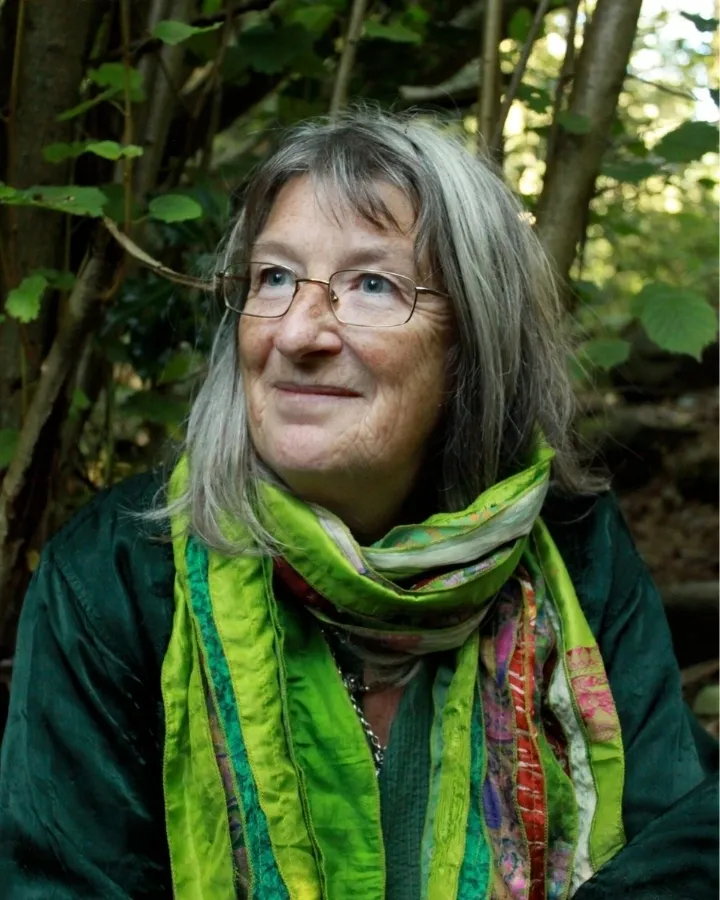
course
Forest Guardians
Explore the sacred relationship between humans and forests, discovering the vital role of forest guardians in ecological stewardship and balance.
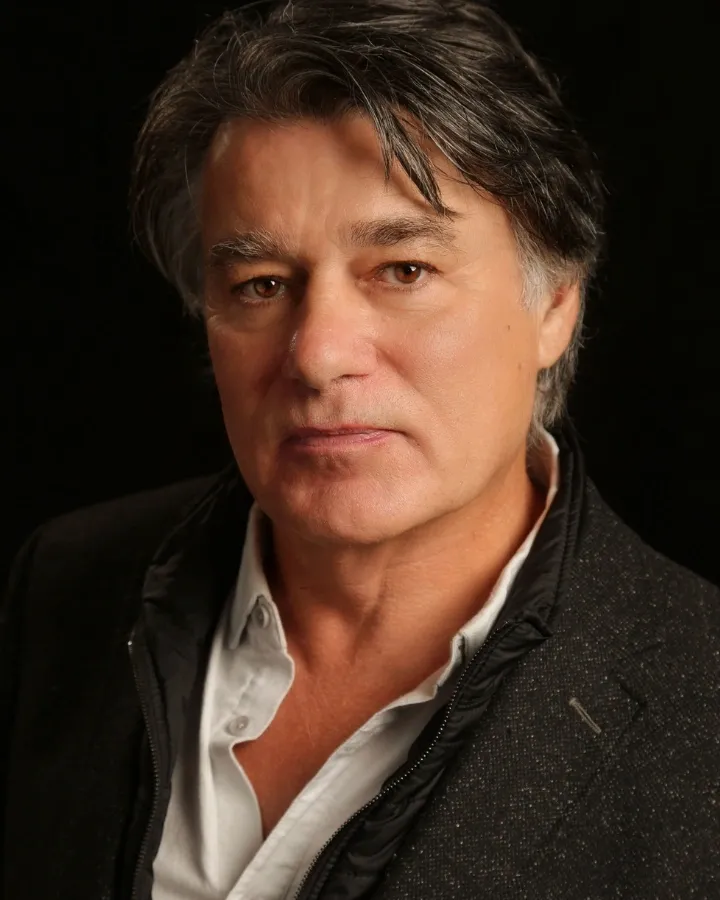
course
Kinship: Islands
Examine isolated communities as unique models of kinship, exploring how islands teach us about connection, interdependence, and collective care.
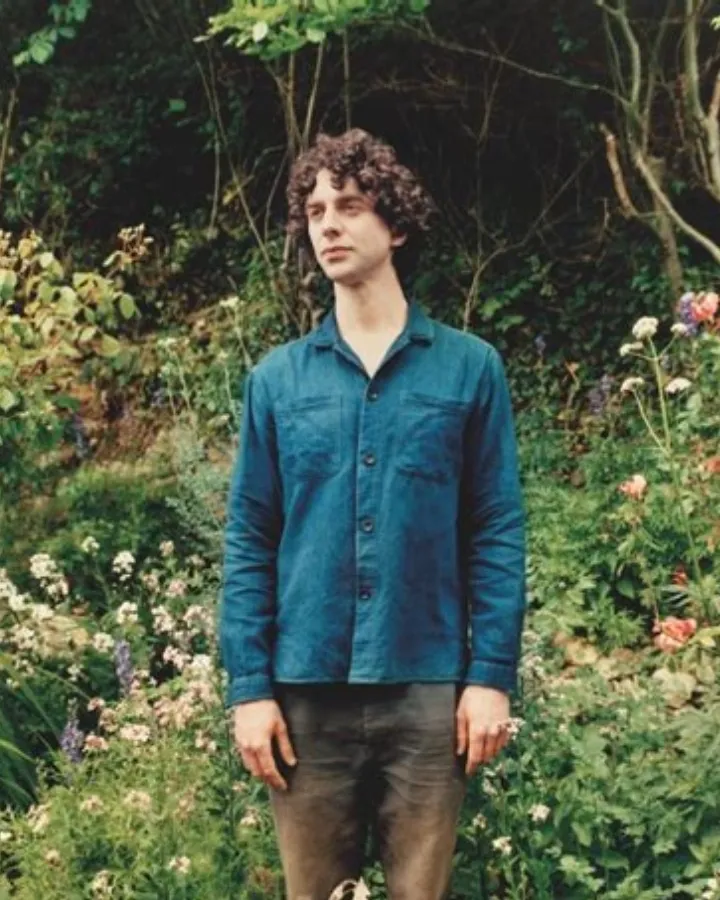
course
Foundation Course
Embark on a spiritual homecoming, reconnecting with your cultural roots, inner wisdom, and the deep sense of belonging to the earth and all beings.
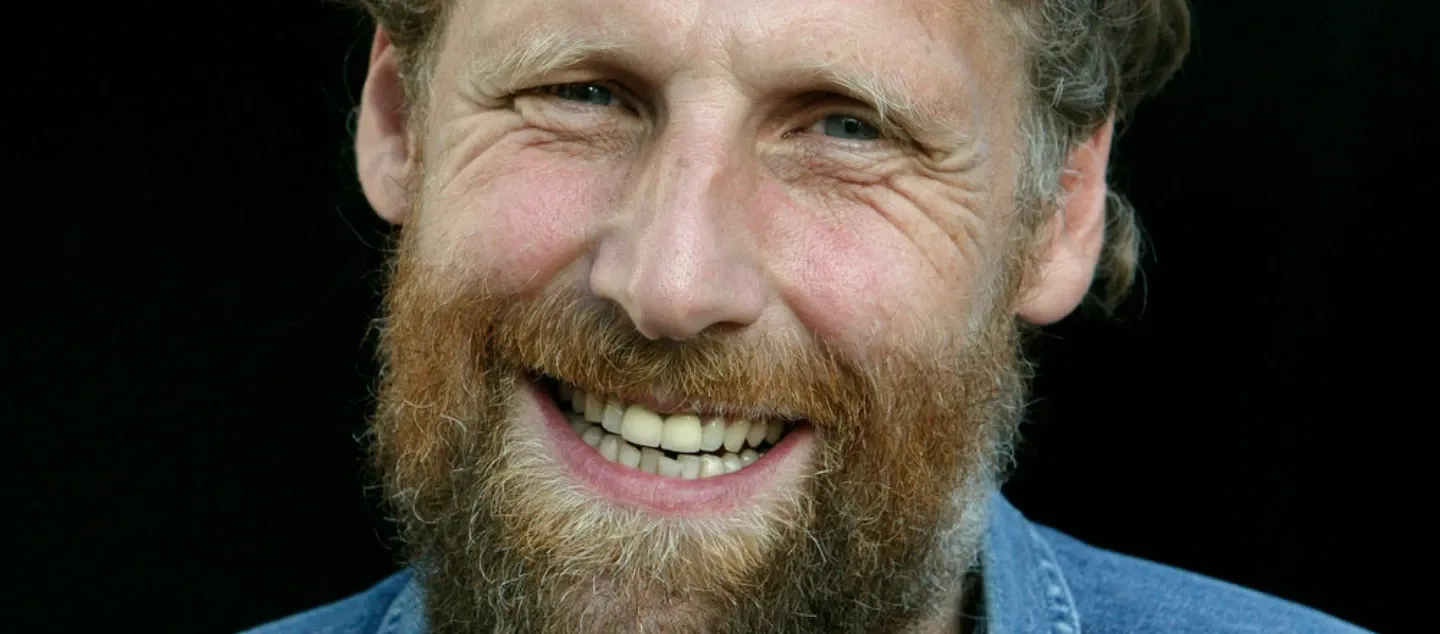
film
The basket of community
I grew up in the Outer Hebrides of Scotland, in the island known as Lewis in the north, with Harris to the south, the two divided not by sea but by a mountain range. When I look back now, some aspects of our life might seem hard. We got our drinking water off the roof as there was no piped supply when I was young. There were frequent power cuts, and little choice in the shops. That was all substituted for by the wonderful richness of community life. My father was one of the island’s doctors, and most of our neighbours worked the land, fished the sea, or were weavers of the famous fabric, Harris Tweed. I realise, now, that each of us was held in the basket of the community. You weren’t just your family, you were the village. You were taught how to be the village, the older folks weaving the weft to the warp of each child’s emergent life. In an island, you have to be interdependent, especially in those days, but it’s still the case. You learn to look out for one another. We didn’t just go fishing, or bring the peat (used for fuel) in for ourselves. We did these things for and with one another. Loneliness was much less when you could wander in and out of one other’s homes, the doors mostly unlocked. It’s true, religious life was a heavy scene. But as I’ve gotten older, and as the heaviness has loosened in the community, I’ve come to appreciate the spirituality of it all. Such is the kind of experience about which I can share a little and which shapes my books – especially Soil and Soul (on the campaign for land reform), Poacher’s Pilgrimage (about ecology, mythology and spirituality on a 12-day walk through the island) and Riders on the Storm (my latest book, with the subtitle, The Climate Crisis and the Survival of Being). World as archipelago? Well, just as natural ecology recognises the value of ‘ecological islands’ to give non-human life a chance, so we can perhaps create islands, metaphorically if not literally, in our lives, to give the life of the soul a chance. I see no other way to change the world.
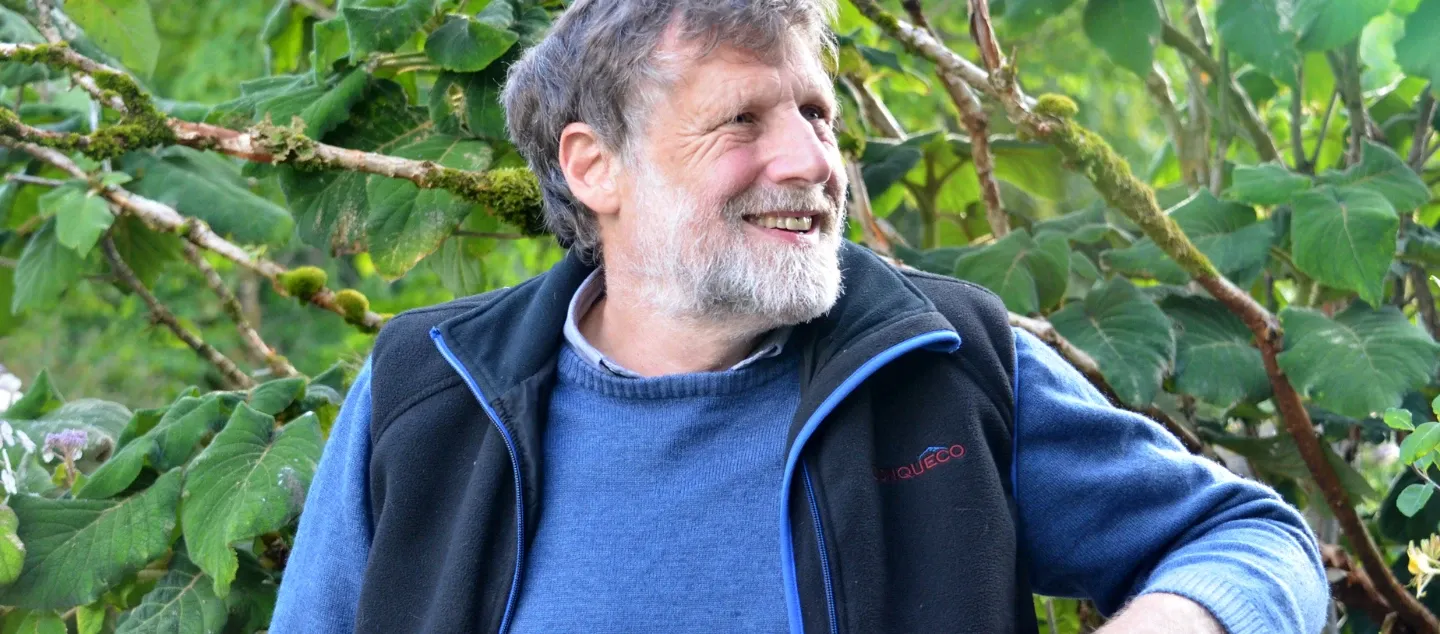
film
An ecology of the imagination
Alastair is one of the world’s leading environmental campaigners, distinguished in his ability to join together the outer and inner life. His book Spiritual Activism explores such paths of reconnection of the inner and outer worlds, which he argues is nothing less than learning how to sustain the flow of life. If we don’t do this, he states, “then our work will fall on stony ground, we’ll burn out or we’ll sell out.” But how, in practice, can we tap into the healing power of land, its people and a sense of place? How, especially in the modern world? During the course of our evening together, he will speak about a twelve day pilgrimage that he made on foot through his home islands of the Outer Hebrides. “I ventured out to set afresh the compass of the soul,” he says. It was a journey from the city, over moors and mountain passes, and back towards the city once again. It was a pilgrimage into the nature of imagination. He asks: is the imagination a quality that we privately possess? Or might the imagination be a part of a greater realm that contains the wilder reaches of ecology and of poetry? In the course of our evening, his words will touch on war, trauma and the great work of healing to which we’re called in these our troubled times. It will be a storytelling. A real-life storytelling about burning issues. But one that seeks to raise us up into the joy of life.
